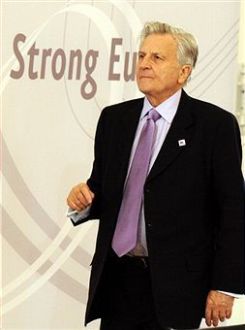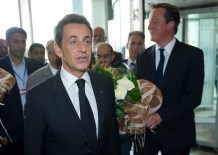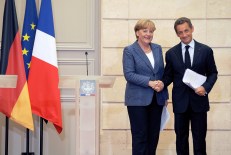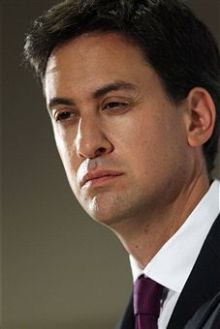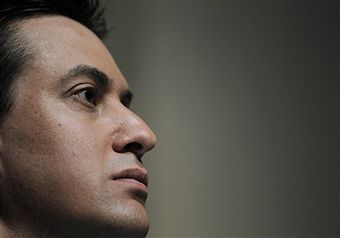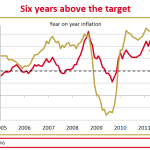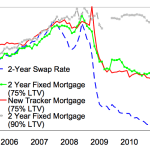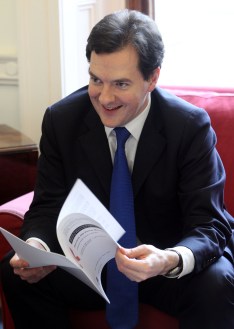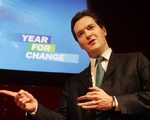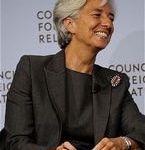The deep Euro-crisis threatens political stability
It is hard to overstate how serious the crisis in the eurozone is or what it might do to the politics of Europe. The European project is putting in danger the very political stability in Europe that its supporters have always claimed to be its strategic and moral justification. I understand that American banks are now so nervous about the situation on the continent that they have effectively stopped new lending to European banks. The view in Westminster today is that the Greeks will avoid default for a little longer. But few can see them making it to Christmas. Indeed, the expectation seems to be a default sometime in October.
